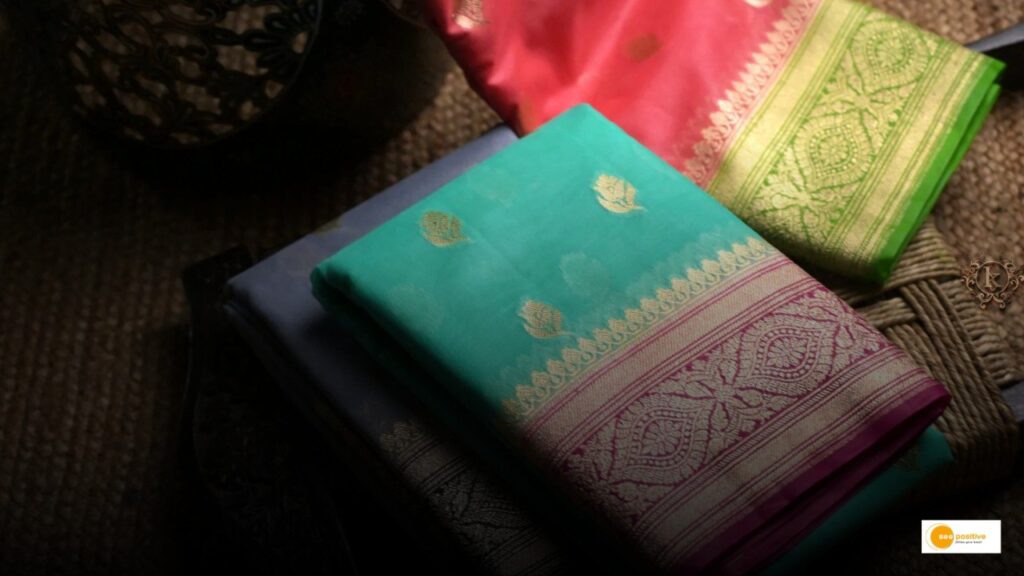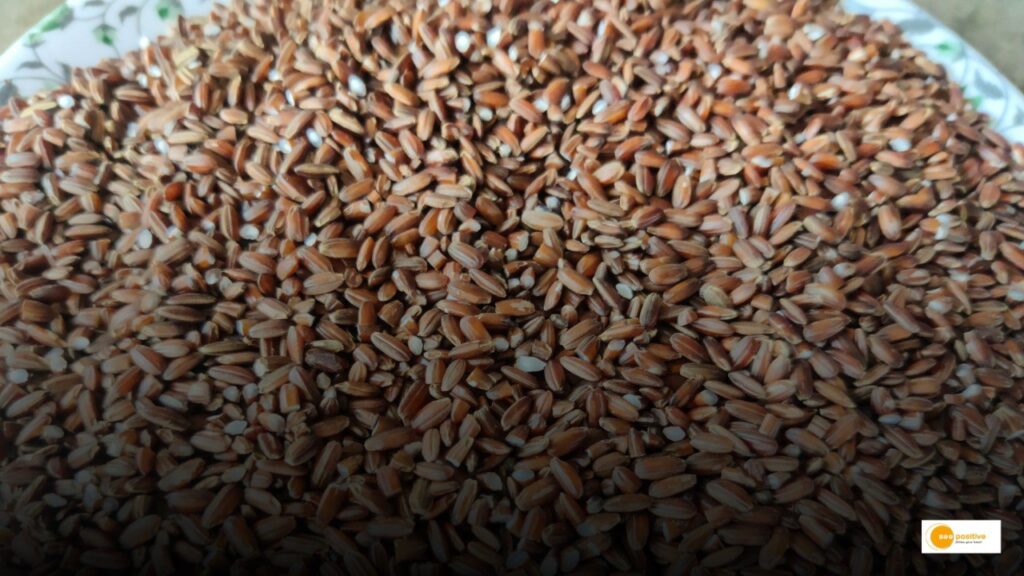Indian Products with GI Tags: Geographical Indications (GI) protect products that have unique qualities tied to their place of origin. In India, many items, from food to handicrafts, have received GI tags to safeguard their distinct characteristics and heritage. Here are five notable products, including the famous ‘Tirupati Laddu Prasadam’, and why they were awarded GI tags.
1.Tirupati Laddu Prasadam
The Tirupati Laddu, offered as prasadam at the Tirumala Venkateswara Temple in Andhra Pradesh, received its GI tag in 2009. This sweet is made using ghee, cashews, raisins, sugar, and flour, following a recipe passed down through generations. The GI tag helps protect this sacred tradition and ensures that only the temple can officially produce the laddu, preserving its spiritual and cultural significance.
2. Darjeeling Tea

Darjeeling Tea, granted a GI tag in 2004, was the first Indian product to receive this recognition. Grown in the cool hills of West Bengal, the tea is famous for its unique flavor and aroma, often called “muscatel.” The GI tag ensures that only tea grown in the Darjeeling region can be labeled as such, protecting it from imitations and preserving its high quality.
3.Kanjeevaram Silk Sarees

Kanjeevaram Silk Sarees, from Kanchipuram in Tamil Nadu, are known for their luxurious silk and intricate designs. These sarees, woven using pure mulberry silk and gold threads, are part of a 400-year-old tradition. The GI tag, awarded in 2005, protects the authenticity of these sarees and honors the craftsmanship of Kanchipuram’s weavers.
4. Mysore Sandalwood Oil

Mysore Sandalwood Oil, made from sandalwood trees in Karnataka, is highly prized for its fragrance and purity. Used in perfumes and traditional Indian ceremonies, this oil is world-renowned. Approved in 2005, the GI tag guarantees that only authentic sandalwood oil from this area can bear the name “Mysore Sandalwood Oil,” protecting its good name.
5. Pokkali Rice

Kerala’s salinity marshes are home to the special kind of rice known as Pokkali. It’s known for its ability to thrive in waterlogged, salty conditions. This ancient rice has been cultivated for over 3,000 years using sustainable farming methods. The GI tag, given in 2008, highlights the rice’s ecological and cultural importance, protecting this traditional farming practice.
Positive Takeaway
GI tags preserve the unique heritage and traditional methods behind India’s special products. From the Tirupati Laddu Prasadam to Mysore Sandalwood Oil, these items reflect the rich diversity of India’s regions and cultures, ensuring their legacy continue for future generations.


